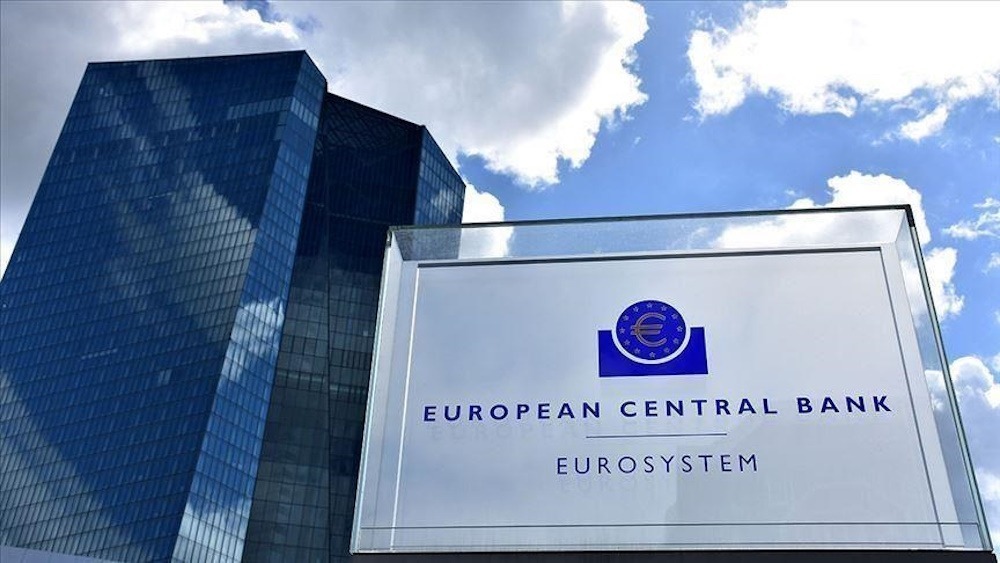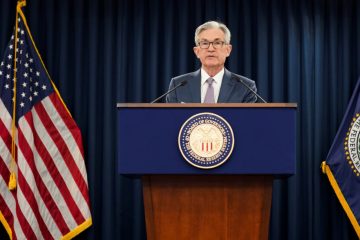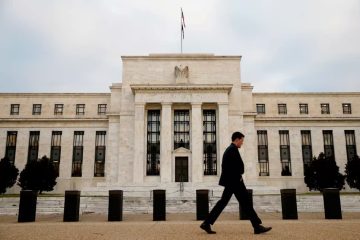Eurozone inflation reaches the goal set by the central bank

Inflation in the Eurozone has finally reached the central bank’s target for the first time in more than three years. For the first time in over three years, inflation in the Eurozone has dipped below the European Central Bank’s target, indicating that the protracted battle to rein in price increases may be approaching a conclusion. In September, consumer prices in the eurozone, comprising 20 nations, rose by 1.8% year-on-year. This figure represents a decline from the previous month and signifies the first instance since June 2021 that annual inflation has dipped below the European Central Bank’s 2% target.
The figures from September indicate that policymakers may soon assert success in their prolonged struggle to rein in the soaring inflation that surged following Russia’s comprehensive invasion of Ukraine in early 2022. The ensuing energy shock propelled consumer prices upward at a swift pace throughout Europe and many other regions worldwide. Rising inflation, intensified by supply constraints and ongoing geopolitical unrest, compelled central banks to engage in a series of tightening monetary policies, resulting in interest rates across much of the affluent world reaching their peak since the dawn of the century.
Monetary authorities have initiated a reduction in borrowing costs to alleviate pressures on investment and consumer expenditure. Last month, the U.S. Federal Reserve aligned with counterparts including the European Central Bank, the Bank of England, and the Swiss National Bank by lowering its key interest rate for the first time in several years. Christine Lagarde, President of the ECB, indicated on Monday that inflation may experience an uptick in the closing months of the year as the base effects in energy begin to diminish. However, the rate is expected to revert to the target in a timely manner, a development that the central bank will consider during its upcoming policy meeting, Lagarde informed European lawmakers in Brussels. She also observed that the economic recovery in the eurozone is encountering considerable challenges.
Decreasing inflation raises the probability that the central bank will revise its inflation projections downward and expedite interest rate reductions, according to analysts at Deutsche Bank in a recent note. In certain eurozone countries, inflation has dipped to notably low levels, registering just above 0% in Ireland and falling below 1% in Italy, Finland, Lithuania, Luxembourg, and Slovenia. In France, Italy, and Spain, three significant economies within the union, the conclusion of the summer tourism season—marked by the Olympic Games in Paris—contributed to a moderation in services prices, a critical area of concern for ECB policymakers wary of a potential resurgence in inflation. In Germany, the leading economy of the currency union, the decline in inflation can be attributed primarily to a moderation in energy prices, although there was also a slight reduction in services inflation.
September’s milder inflationary pressures, coupled with emerging indicators of fragility in the eurozone economy, bolster the case for ECB policymakers advocating for a second consecutive interest rate cut in the upcoming meeting, as noted by Pantheon Macroeconomics’ Claus Vistesen and Melanie Debono in their client communication. “The council will convene this month, facing significant risks to both inflation and growth that are decidedly skewed to the downside,” they stated.
Subdued inflation in Europe coincides with lackluster growth in the 20-member eurozone, prompting some analysts to propose that economic activity may now emerge as the primary focus for policymakers. Recent business surveys indicated that the manufacturing sector in Europe continues to be impeded by elevated interest rates and weak demand, while the robust growth experienced in services over the summer has swiftly diminished. “Demand continues to exert significant pressure on the manufacturing sector,” noted Debono from Pantheon.
Germany is increasingly confronted with the prospect of recession, following an unexpected contraction in the economy during the second quarter of the year. The factory sector, in particular, remains beleaguered and continues to grapple with recovery in the aftermath of the disruptions caused by the Russia-Ukraine crisis. In a further indication that a struggling economy may impact employment, auto supplier Bertrandt announced on Monday its intention to eliminate as many as 1,200 jobs in Germany due to declining demand, trade disruptions, and intensified competition from non-European markets.









